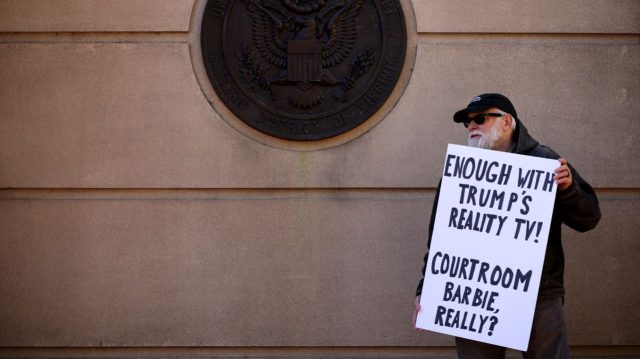
What happened
A federal judge Monday said the Justice Department had engaged in a “disturbing pattern of profound investigative missteps” in securing its indictment of former FBI Director James Comey and ordered federal prosecutors to release the normally secret grand jury records to his defense team. That “extraordinary remedy” was merited, Magistrate Judge William Fitzpatrick said in his 24-page opinion, because the potential “government misconduct may have tainted the grand jury proceedings” and the broader case.
Who said what
Fitzpatrick’s opinion was a “remarkable rebuke” of acting U.S. Attorney Lindsey Halligan, The New York Times said. An “inexperienced prosecutor,” she had “never worked on a criminal case until she was thrust into the Comey prosecution” after her predecessor was fired for declining to charge Comey and other targets of President Donald Trump’s ire.
Halligan made at least two “fundamental and highly prejudicial” misstatements of the law to the grand jury, Fitzpatrick said, and appeared to have submitted a rewritten indictment she had not presented to the jurors, which would put the case in “uncharted legal territory.” The judge also said the sole witness before the grand jury, an FBI agent “exposed to potentially privileged information,” may have inadvertently shared legally shielded details.
What next?
Fitzpatrick’s assessment “adds to the mounting possibility that Comey’s case will be dismissed before it goes to trial,” Politico said. In addition to the “procedural flaws” the judge flagged, “Halligan is facing a challenge to the validity of her appointment altogether and could be disqualified from the case.” U.S. District Judge Michael Nachmanoff, who appointed Fitzpatrick to examine the procedural issues, will decide if the Comey case can proceed, and a separate federal judge was expected to rule on the legitimacy of Halligan’s appointment in the coming week.
‘Government misconduct’ may necessitate dismissing the charges against the former FBI director altogether






